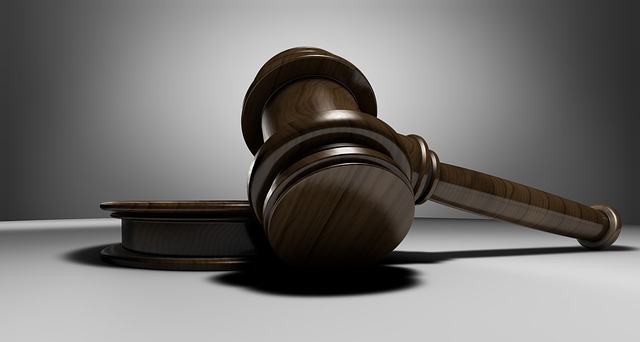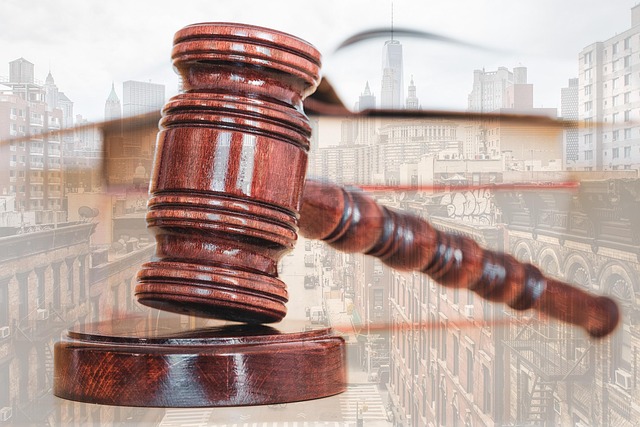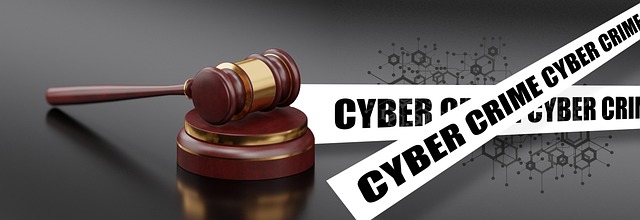Antitrust litigation strategies are crucial for tech companies to navigate legal landscapes and maintain market leadership. With unique challenges from rapid innovation, these strategies focus on competitive markets, consumer choice, and ecosystem integrity. Defense involves scrutinizing market definitions, presenting legitimate business justifications, and leveraging resources for extensive discovery. High-profile cases like Microsoft v. United States (1998) have impacted corporate competition, leading to innovative solutions like structural remedies. Building relationships with specialized attorneys is key for effective communication and trial defense.
In the dynamic landscape of tech, understanding antitrust laws is paramount to prevent and navigate potential violations. This article delves into the intricate world of antitrust litigation strategies tailored for tech companies facing charges. We explore common types of violations specific to the sector, analyzing impactful case studies that have reshaped industry practices. By examining notable outcomes, businesses can gain insights to fortify their defenses and ensure compliance in an ever-evolving regulatory environment, ultimately mitigating risks associated with antitrust litigation.
- Understanding Antitrust Laws and Their Impact on Tech Industries
- Common Types of Antitrust Violations in the Tech Sector
- Litigation Strategies for Tech Companies Facing Antitrust Charges
- Case Studies: Notable Antitrust Violation Cases and Their Outcomes
Understanding Antitrust Laws and Their Impact on Tech Industries

Antitrust laws are designed to promote fair competition within markets, ensuring no single entity dominates and stifles innovation. These laws have a profound impact on tech industries, which have historically been at the center of antitrust scrutiny due to their rapid growth, market power, and potential to disrupt traditional business models. Understanding these regulations is crucial for tech companies looking to navigate complex legal landscapes, especially when facing potential violations.
Tech giants with their unprecedented track records in innovation can inadvertently step into legal troubles if they fail to adhere to antitrust principles. As such, developing effective litigation strategies becomes essential. These strategies must focus on demonstrating competitive markets, fostering consumer choice, and preserving the integrity of respective business ecosystems. By employing robust legal defenses and staying abreast of evolving regulatory interpretations, tech companies can mitigate risks associated with antitrust litigation, thereby ensuring their continued growth and market leadership in a dynamic digital age.
Common Types of Antitrust Violations in the Tech Sector

In the tech sector, antitrust violations often manifest in unique ways due to the industry’s rapid innovation and complex market dynamics. Common types include price-fixing agreements, where companies collude to set prices for software or hardware, and market division strategies that prevent competition by restricting geographic or product markets. Another prevalent issue is abuse of dominant market positions, where tech giants use their power to stifle rivals through anti-competitive practices like exclusive licensing deals or acquiring competitors to eliminate potential challenges.
Antitrust litigation strategies for tech companies must navigate the intricate landscape of all stages of the investigative and enforcement process. Whether dealing with corporate or individual clients across the country, legal teams need to be adept at gathering evidence, constructing robust defenses, and understanding the evolving regulatory environment. These cases require a nuanced approach that considers the unique characteristics of technology while ensuring compliance with antitrust laws, ultimately fostering a competitive market environment.
Litigation Strategies for Tech Companies Facing Antitrust Charges

When tech companies face antitrust charges, their litigation strategies must be carefully tailored to navigate the complex legal landscape. One key approach involves mounting a robust defense that challenges the underlying assumptions and interpretations of anti-competitive practices. This can include scrutinizing market definitions and demonstrating legitimate business justifications for any allegedly anticompetitive behavior. By presenting a comprehensive understanding of industry dynamics, tech firms can argue for their competitive necessity and mitigate potential penalties.
Moreover, these companies often leverage their substantial resources to engage in extensive discovery processes, gathering evidence that supports their defense. This may involve delving into financial records, internal communications, and market studies to uncover exculpatory information. Additionally, building strong relationships with white-collar defense attorneys who specialize in antitrust law can be invaluable. These legal experts can guide tech companies through the intricacies of jury trials, ensuring effective communication of their case to both the court and the public, while also safeguarding the interests of philanthropic and political communities.
Case Studies: Notable Antitrust Violation Cases and Their Outcomes

Antitrust violation cases have significantly shaped the landscape of corporate competition, especially within the tech industry. Notable instances like the Microsoft v. United States (1998) lawsuit, which led to the company’s division into separate business units, highlight the far-reaching consequences of such litigation. These high-stakes cases not only enforce antitrust laws but also serve as critical references for future strategies.
Tech giants have often found themselves at the center of these debates, prompting the development of specific litigation approaches. Antitrust litigation strategies for tech companies involve navigating complex legal frameworks to defend against allegations of market dominance and anti-competitive practices. Successful outcomes in cases across the country have led to innovative solutions, such as structural remedies, that ensure fair competition while allowing respective business growth and innovation.
Antitrust violation cases in the tech industry highlight the constant need for companies to navigate competitive landscapes ethically. Understanding antitrust laws, recognizing common violations, and employing effective litigation strategies are paramount for tech giants and startups alike. By studying notable case outcomes, businesses can learn from past mistakes and ensure their practices foster fair competition. Ultimately, adopting robust internal controls and staying abreast of regulatory changes are key to mitigating risks associated with antitrust litigation in the tech sector.






